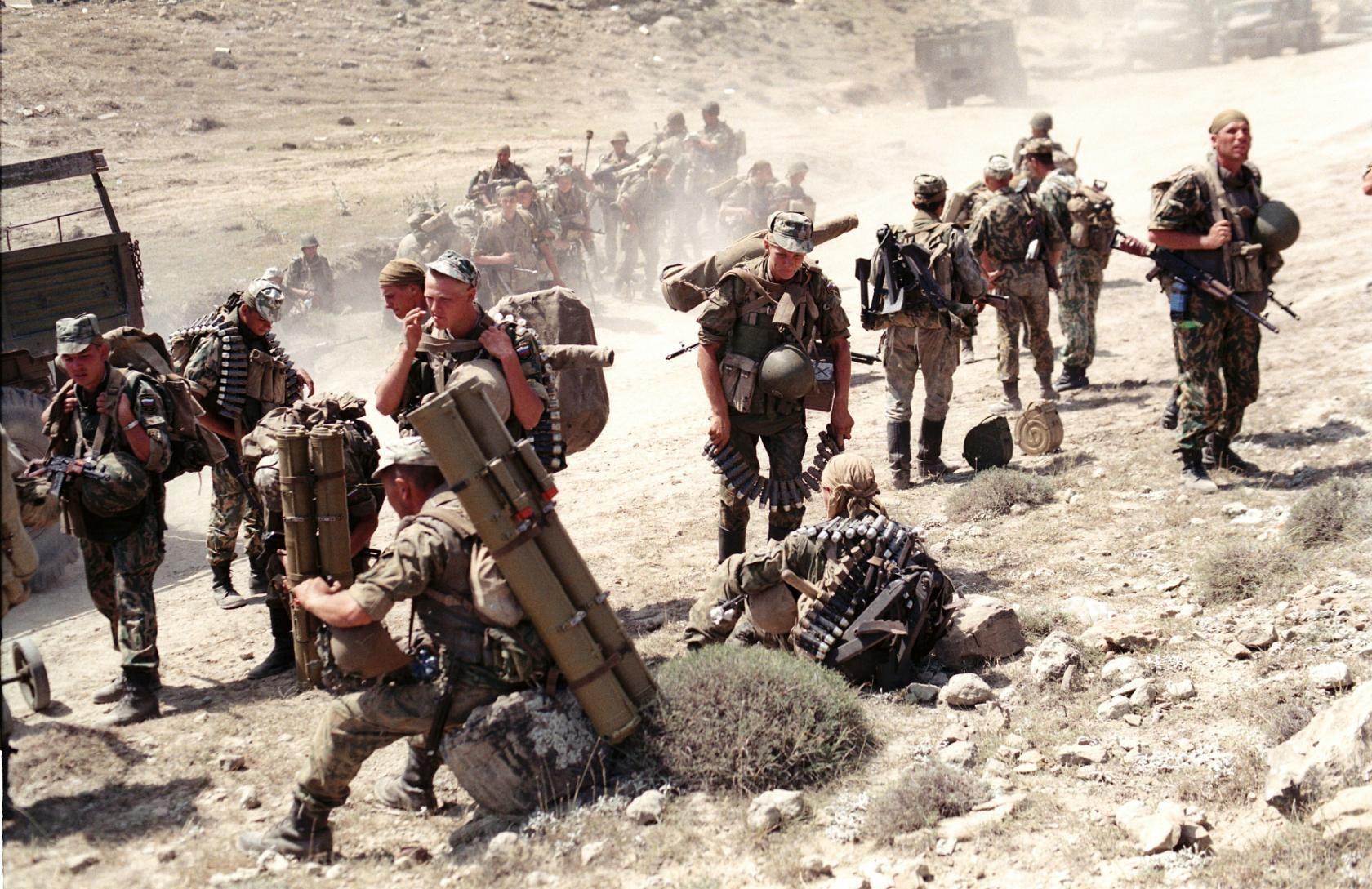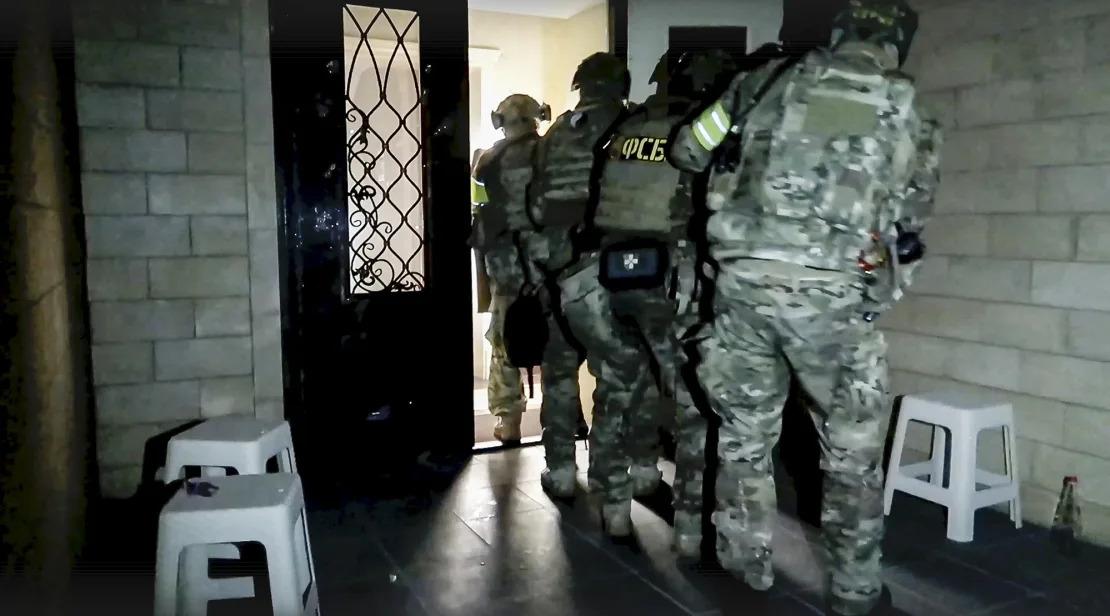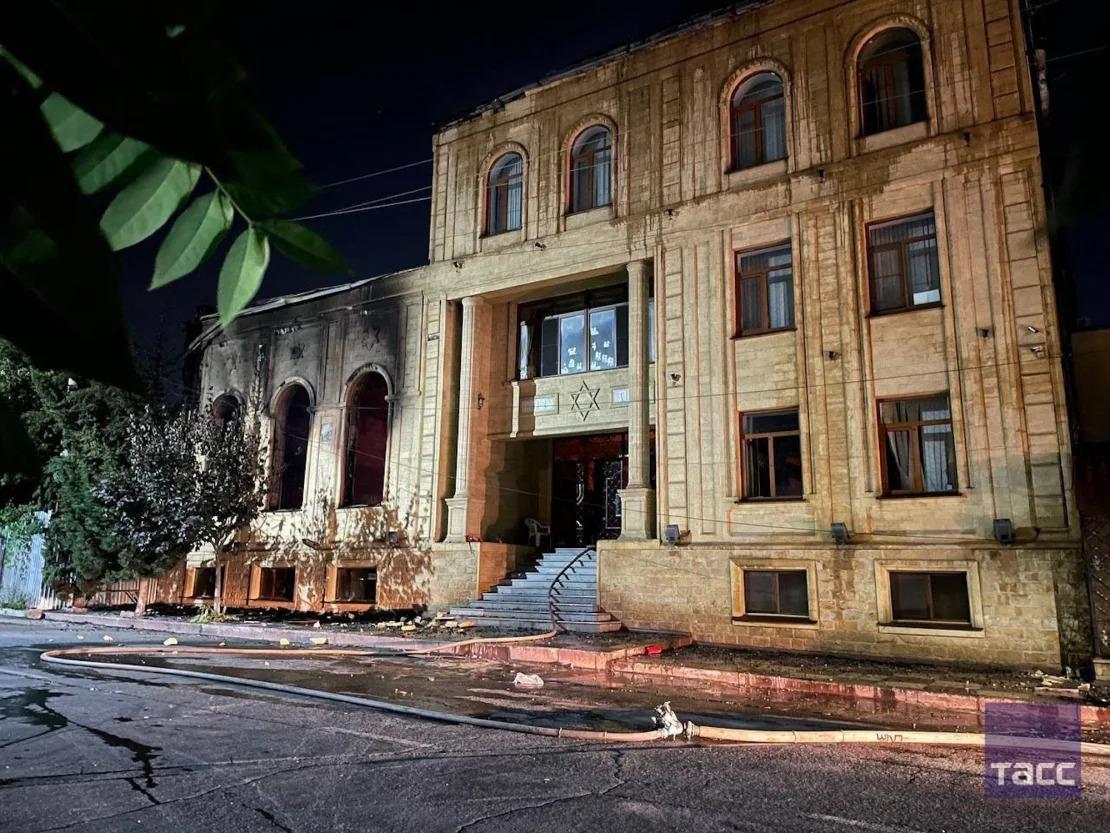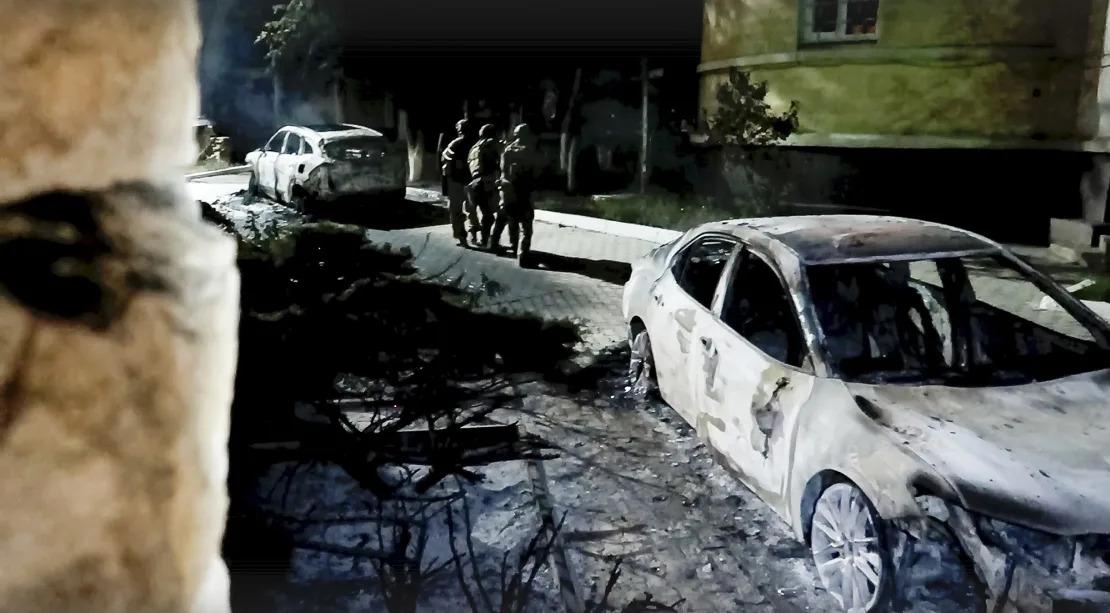Centuries-long resistance & modern-day terrorism in the North Caucasus Unending strife
The North Caucasus region of Russia, comprising republics such as Chechnya, Dagestan, Ingushetia, Kabarda-Balkaria and others, has long been a hotspot for conflict and terrorism. Despite extensive military campaigns and numerous anti-terror operations, Russia has failed to fully eliminate the threat of terrorism in the region and subdue the will of locals.
Historical context
The resistance in the North Caucasus against Russian dominance dates back to the Tsarist era, characterized by a series of wars and uprisings. The struggle saw numerous ups and downs, yet the desire for independence never waned. Whenever Russia faced internal instability, the North Caucasus seized the opportunity to assert their autonomy. The collapse of the Soviet Union marked another significant phase, leading to the devastation of entire cities and the loss of tens of thousands of lives, both civilian and military.

The June 23 attack
On June 23, 2024, a coordinated series of attacks targeted religious buildings and law enforcement officers in Makhachkala and Derbent, Dagestan. These attacks resulted in the deaths of 15 police officers and four civilians, including a priest, and were classified as terrorist acts under Russian law. The attackers' identities were confirmed, and the incident was linked to an organized group with potential connections abroad.
Russian response & blame attribution
Russian officials, including the head of the Investigations Committee and the Speaker of the Federation Council, attributed the attacks to foreign orchestration, pointing fingers at Western nations like the US and the UK. They claimed these attacks aimed to sow division and panic within Russia. Pro-Kremlin commentators and Telegram channels echoed these sentiments, suggesting a coordinated effort by external enemies to destabilize Russia from within.

In the wake of the attacks, some voices within Russia criticized the government’s handling of security in the North Caucasus. They argued that the authorities had failed to learn from past incidents, such as the anti-Jewish riots in Makhachkala in October 2023. There were calls to increase funding and personnel for the Federal Security Service (FSB) and the Interior Ministry to better address the threat of terrorism, which some commentators described as a sign of the FSB’s impotence.
The North Caucasus remains a region marked by political instability, social unrest, and economic challenges. Despite substantial investments in infrastructure and development projects by the Russian government, many areas continue to experience high unemployment rates and poverty. The central government's policies often struggle to address local grievances, leading to a disconnect between Moscow and the regional population.
Insurgency & radicalization
Insurgency and radicalization continue to pose significant challenges. Although the large-scale separatist movements seen in the 1990s and early 2000s have largely dissipated, smaller, fragmented militant groups remain active. These groups, often inspired by extremist ideologies, conduct sporadic attacks on security forces and civilians, maintaining a persistent, albeit low-level, conflict in the region.

Russian law enforcement agencies and security forces have maintained a heavy presence in the North Caucasus, conducting regular operations to root out militant groups. These efforts have had some success in reducing the scale and frequency of attacks, but they have also been criticized for heavy-handed tactics and human rights abuses. Such actions often fuel resentment among the local population, perpetuating a cycle of violence and repression.
The North Caucasus is characterized by its rich cultural and religious diversity. However, this diversity can also be a source of tension. Efforts to promote secularism and integrate the region more fully into the Russian Federation sometimes clash with local traditions and Islamic practices. The region's Sufi and Salafi communities, in particular, have experienced friction, both with each other and with the state.
The Russian government has launched various initiatives aimed at boosting economic development in the North Caucasus. These initiatives include investments in tourism, agriculture, and small business support. Despite these efforts, economic progress has been uneven, with corruption and bureaucratic inefficiencies hindering growth. The region's rugged terrain and historical underdevelopment pose additional challenges to economic integration.
The broader context: Russia’s struggle in Ukraine
The ongoing war in Ukraine and Russia’s deteriorating diplomatic relations with Europe and with some of the former Soviet states provide a backdrop to the North Caucasus unrest. Russian officials have framed the domestic terror incidents as extensions of the conflict in Ukraine, suggesting a broader international conspiracy against Russia.

Conclusion
The enduring struggle of the North Caucasus nations against Russian occupation is deeply rooted in historical grievances and a persistent quest for independence. Recent terrorist attacks underscore the region's volatility and the complex interplay of local, ethnic, and international factors. As Russia continues to navigate its challenges in Ukraine and with the West, addressing the underlying issues in the North Caucasus remains a critical, albeit daunting, task. The recent events in Dagestan highlight the need for a nuanced and comprehensive approach to security and governance in this troubled region.
To fully address the ongoing conflict in the North Caucasus, Russia should alter ages old radical and good-for-nothing policies and balance its counterterrorism efforts with measures that promote economic development, protect human rights, and respect local cultural and religious traditions. Only through a multifaceted and inclusive strategy can lasting peace and stability be achieved in this historically restive region.








